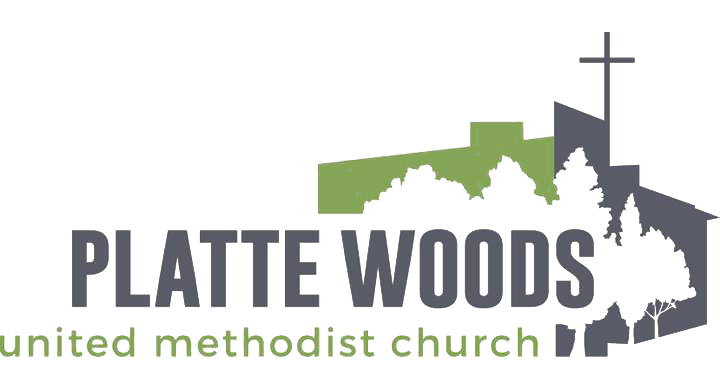Grief and Stories
I have a new Friday morning routine. Since I am old, I “get” to shop at the grocery store before you young folks! Of course, I am not an early riser so this usually means I barely make it there by 9:00 a.m. Plenty of young ones there by the time I get there. I wear a mask, bring my own Clorox wipes in a Ziplock bag, and keep a distance from other shoppers. As soon as I get home I Clorox-wipe my purse and my credit card! Yes, those amazing chip readers just keep on working even after they’ve been disinfected!!! Then I take a shower and start a load of laundry even before I eat breakfast. That’s my new normal. That means my personal Chocolate Soup Time with God starts around noon on Fridays.
While I just enjoyed trying to make you laugh as I told my story, now I want to share with you how important storytelling is. Author Brené Brown points out that we are natural storytellers. Stories are our way of passing information along to future generations. They are our way of finding meaning in our situation. When it comes to grief, we share our stories over and over again until we are able to accept the reality of the loss. While laughter may not be the end result, acceptance and relief often are.
For me, the loss of my old routine took at least two weeks to accept. Now I can laugh at it. I can laugh today because my daughter and son-in-law and I have shared our grocery shopping stories over the last few weeks. It includes my story about getting scolded by a fellow shopper for going the wrong way down a newly marked “one way” aisle at the store.
Many times, our stories need to be repeated until we notice the story loses its emotional impact on us. Some of us repeat stories more often than others. That means that we can sometimes wear our listeners out. If you find you have repeated your story one time too many to a family member, it is ok to look for a grief support group through a hospital or church or a hospice agency. Listeners in these settings are aware they may hear the same story 50 times. They are okay with that. It’s like changing the bandage on a wound day after day until the wound heals. And listening is our way of helping.
If it is not possible for you to attend a group, even virtually, then you can try writing your story out. The excuse I hear most often related to this is the fear that writing will mean you have to relive the loss. Most likely, you are already reliving the loss. So writing will help to get it out of your head. Looking at your story on a piece of paper or on the computer screen also creates distance between yourself and your story. If you still do not want to use words, you can use colors and shapes. Draw it out. Allow the colors to speak for you.
Storytelling is what we are all doing right now as we post special messages on social media about what we miss from our pre-pandemic lives and how we are coping. Personal stories also help us understand what the astounding numbers mean in our news reports. So, one brief note about the media and loss. I learned many years ago that after a tragic loss, reporters often want a personal story in order to make their reporting sound more relatable. It is helpful. However, it does not mean that you have to share your story with a news reporter if you do not want to or are not ready to. I learned two helpful hints from a workshop on Sudden and Unexpected Loss. First, assign a spokesperson for your family. Second, agree as a family what your story will be. Expect your spokesperson to stick to that story. Again, you do not have to share with the media if that is not what you want to do.
So find a safe and accepting audience for sharing your story. Share as often as you need to. May you find peace and comfort in the telling.
Blessings,
Vicki
